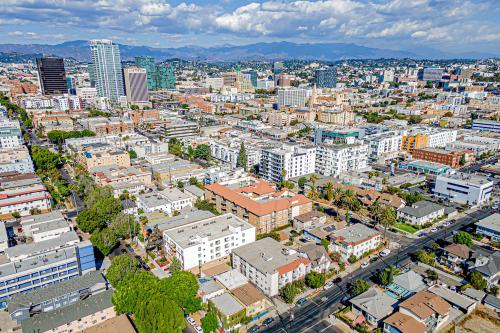Congress will soon decide how to allocate more than $200 billion over the next five years to preserve, modernize, and expand the U.S. surface transportation system. When it does, it will update two recent reforms of federal surface transportation law that inaugurated a new era of transportation policy in this country. The laws–the Intermodal
Surface Transportation Efficiency Act (ISTEA) of 1991 and the Transportation Equity
Act for the 21st Century (TEA-21) in 1998–gave states and metropolitan areas the certainty
in funding and the flexibility in program design necessary to attempt new
transportation solutions. However, as this brief outlines, the broad reforms boldly initiated
on the federal level have not been uniformly implemented. For that reason, the
brief argues that reauthorization this year requires Congress to cement and advance the
gains achieved in the past decade, and respond more forcefully to the pressing transportation
needs of metropolitan America. The brief, to that end, offers a comprehensive
policy framework that calls for a two-step approach to reauthorization. Congress must
preserve the innovative framework of ISTEA and TEA-21, and ensure that states attend
to the needs of their metropolitan areas. It must also give metropolitan areas more powers
and greater tools, in exchange for enhanced accountability, to get transportation
policy right for their regions.
The Brookings Institution is committed to quality, independence, and impact.
We are supported by a diverse array of funders. In line with our values and policies, each Brookings publication represents the sole views of its author(s).




